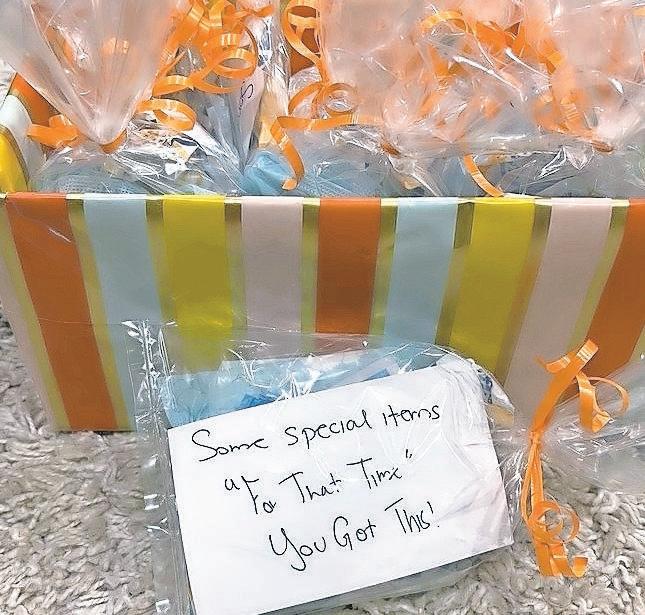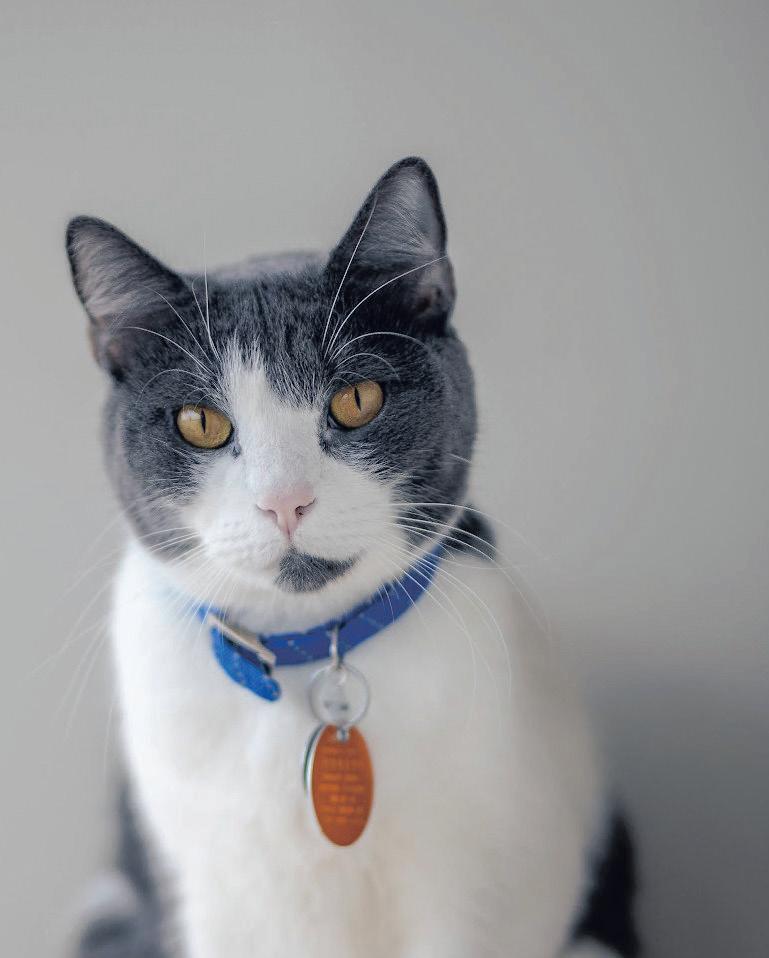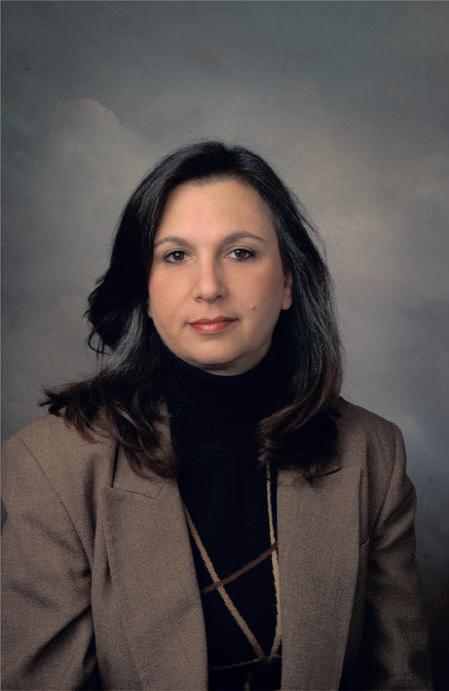
3 minute read
Working mostly on her own to help women in need
continued from front page edge. It wasn’t really a commonly known thing.”
Once the “community spouse” invokes their right to refuse, and all of the other myriad requirements of the Medicaid application are met, the state Medicaid program must pay for the care of the institutionalized spouse.
After Medicaid has been granted, the county may institute a lawsuit seeking to recover the cost of care from the refusing spouse. Nevertheless, there are a few reasons why spousal refusal makes sense, even in light of this risk. First, in many instances, the county never invokes this right. Secondly, these lawsuits are often settled for signifcantly less than the cost of care provided. Thirdly, the payment to the county can sometimes be deferred until the community spouse dies. As one county attorney told us when agreeing to such an arrangement, “the county is going to be around for a long time”. Finally, even though the county may seek recovery, it is only for the Medicaid reimbursement rate and not the private pay rate. For example, if the private pay rate is $18,000 per month, which is what you would have to pay, the amount Medicaid has to pay is generally a quarter to a third less. The county may only pursue you for the amount they actually paid.
According to the Journal of Global Health Reports, about two-thirds of the 16.9 million low-income women in the U.S. were unable to afford menstrual products in the last year, with half of them reporting they needed to choose between buying hygiene products and food. In addition, 14.2 percent of college-aged women said they experienced period poverty while menstruating in the past year.
“Typically, when thinking about basic needs like food and shelter, the aspect of hygiene is neglected,” Jordan said in January in a press release sent out by the Lutheran Social Services of New York, an organization she works with. “For people who menstruate, period products are a basic need, and if not properly addressed, health concerns could be a possible outcome.”
As a result, Jordan then began purchasing hygiene products, dropping them off at local shelters in Nassau and Suffolk counties.

“I wanted to get involved in the issue and help in any way that I could,” she said. “I started making little care packages — I contacted my first shelter and did a drop off there — and I really liked it. So, I continued doing it.”

Jordan now runs “For That Time,” which she founded in December 2021. What she does for local shelters remains simple — she purchases items, sometimes in bulk, from warehouse stores like Costco, and creates packages for shelters in Freeport and Amityville. She assembles each package herself and adds an encouraging message to personalize it for the recipient.
There’s not an exact age group she’s targeting, she explained — her packages go to anyone in a shelter who may need them.
Her efforts are mostly solo, Jordan added. “I’m mainly purchasing (the products) myself out of funds from my summer job that I had,” she said.
She did recently sent up a PayPal account for the organization, in hopes of getting donations to aid her cause. “My hope is to get donations of period products so that I can continue my efforts and be able to donate a lot more,” she said.
Aside from working with shelters, she partnered with the Lutheran Social Services, and provided them a donation of products for refugees the group aids, at a new sanctuary facility, called the Fortitude House.

“At Lutheran Social Services of New York, we pride ourselves on knowing that you must consider all parts of a person when attempting to understand them and properly provide support,” Rachel Bleecker, the executive director of residential services, stated in the release. “Many lowincome women and girls struggle to afford menstrual products, and so we knew this was an important consideration for us to recognize and plan for in supporting the women and girls seeking asylum at our sanctuary facility.”
Jordan said she wants more people to recognize the needs that many women face, in hopes that they’ll offer support to organizations like For That Time.
“It’s really my hope that there’s more light brought to the issue,” she said, “and that I can help — so more people get help.”
To learn more about Jordan’s organization, visit its Instagram page, @4ThatTime. To make a donation to help her purchase more products, visit TinyURL.com/ ForThatTime.
73












